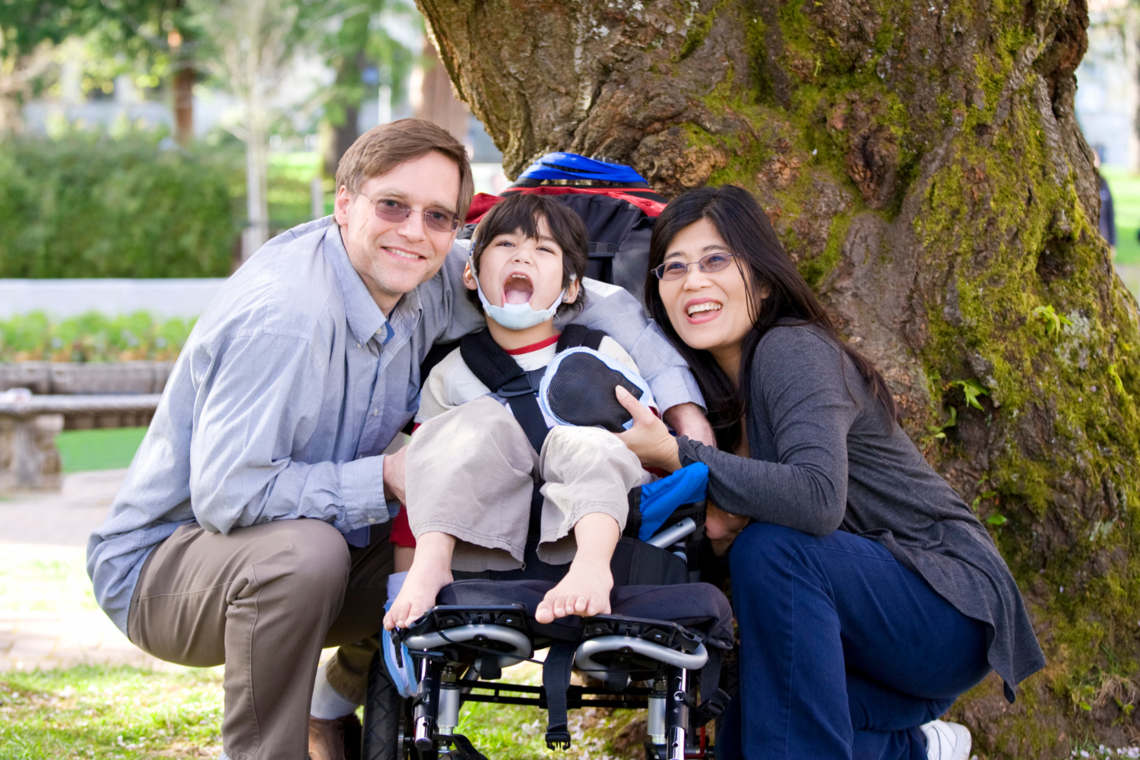Pennsylvania Commits To Continue Paying Parents as Home Health Aides; Releases Guidance on Shift Care Services

Throughout the COVID-19 public health emergency (PHE), and in some cases even prior to the PHE, parents in Pennsylvania have received payment for providing their own children with medically necessary home health aide services under our Medicaid program. Paying parents as home health aides is an invaluable practice that has benefited hundreds of children with complex health conditions, allowing parents to financially support their families while giving children the care they need during a nationwide direct care worker shortage.
In February, we reported that Pennsylvania agreed to extend its years-long practice of paying parents who provide home health aide care to their own children. The state’s decision to continue this practice came following advocacy from families and other stakeholders who urged the state to continue the program. Readers may recall that in January, the state announced they would end the program once the PHE expired due to lack of approval from the federal government for it to continue.
Following this advocacy, as well as many discussions between the state Department of Human Services (DHS) and the federal government, Pennsylvania received approval from the feds to continue paying parents as home health aides. In March, DHS sent notices to families letting them know the program will continue and promised to provide additional guidance.
On May 15th, DHS released an Operations Memo providing guidelines for paid parent caregivers as well as the home health agencies that employ them. The Ops Memo explicitly states that PH-MCOs may not deny coverage or limit the number of authorized hours that may be provided by parents and other legally responsible relatives. Additionally, the Ops Memo provides much-needed clarity on the definition of “other responsibilities” in the context of assessing parental availability in the context of prior authorization for medically necessary shift care services. The Ops Memo defines “other responsibilities”, which can be the basis of awarding shift care hours, to include completing essential household duties, coordination of health care and services for the member, attending religious services, and caring for other children in the home.
PHLP is hopeful that this victory for Pennsylvania families will be part of a larger, integrated approach to addressing the direct care worker shortage and ensuring that children with significant disabilities live healthy, full lives at home surrounded by their loved ones.
